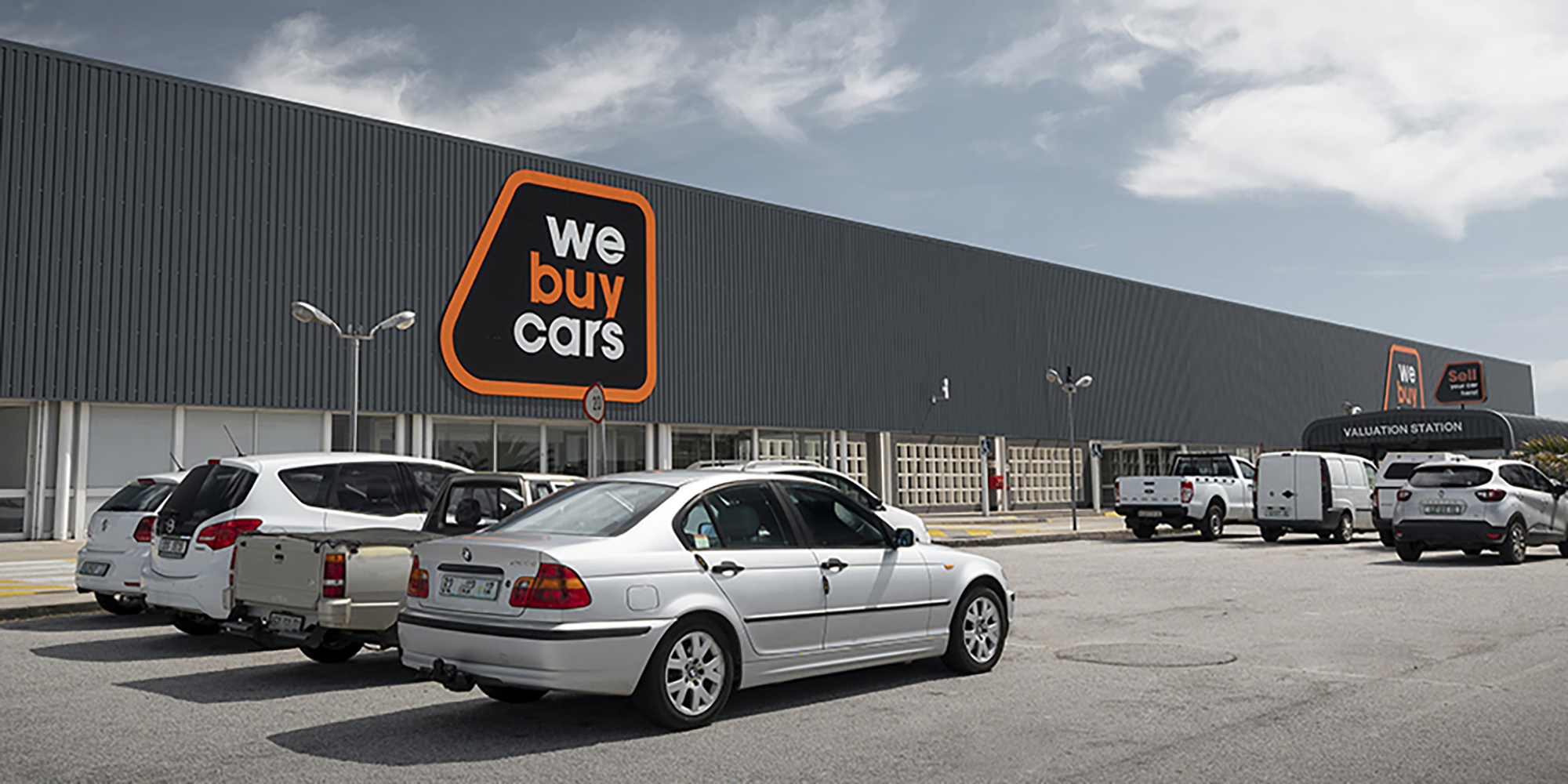Short-term pain for long-term gain – this seems to have been Transaction Capital’s spin on its dismal unaudited interim results, which sent its share price falling off a cliff on Wednesday. The group has already lost 76.7% of its market capitalisation since the start of the year.
If you thought that was terrible, the market response to Wednesday's results seemingly sucked the wind out of Transaction Capital’s sails, as the share price plunged by almost half after it reported that core continuing earnings were down 46%, to R353-million.
Basic earnings per share – an indicator of a company’s profitability – were down 355%, trimming headline earnings by R1.4-billion, and further dragged down by its minibus taxi division, SA Taxi (down R2.1-billion).
Problem child
The group said the minibus taxi industry was not recovering as it had at first hoped, and provisioned R1.9-billion for potential bad debts.
SA Taxi’s bad business has already hurt Transaction Capital’s half-year results and will probably loom large over the full-year outlook. But, it says it is confident this restructuring will give it the operational, financial and strategic flexibility to recover and grow.
Capital-light revenue streams from WeBuyCars and Nutun are not helping the group, as the former comes under increasing pressure from the market as consumers opt for cheaper vehicles.
A Transaction Capital statement said in the context of continuing macroeconomic problems and the headwinds affecting the taxi industry, they are focusing on restructuring SA Taxi’s business model and taking off all required once-off restructuring provisions immediately.
“Although highly disappointing, these adjustments are necessary to set a solid base for SA Taxi to resume future growth. We anticipate that the streamlined SA Taxi business, within (its mobility platform) Mobalyz, should settle into sustainable and predictable profitability during the 2024 financial year.”
Adding that the company is mindful of the negative impact the restructuring of SA Taxi has had on shareholder confidence, it said it is committed to “working tirelessly to reposition SA Taxi for growth and ultimately rebuild shareholder value”.
SA Taxi will be restructured as a “focused, more efficient principal credit and insurance risk underwriter serving a more defined segment of the minibus taxi industry”, to leverage its competencies, built on a niche and “challenging” single asset class, to produce a more diversified earnings stream, achieve capital and credit risk allocation optionality and facilitate the restructuring of its operations and balance sheet.
In March, Transaction Capital acknowledged the problems with SA Taxi’s business model had become more structural in nature, and that the business was unlikely to recover to pre-Covid levels in the short to medium term.
Floods, riots, fuel prices and more
SA Taxi had come under pressure due to the impact of the floods and riots in KwaZulu-Natal, lower commuter activity and high fuel prices, which placed the minibus taxi industry under financial strain and affected taxi operators’ ability to pay their finance instalments and insurance premiums.
“This has resulted in a systemic change, reducing our ability to serve this lower-end segment of the industry.”
Add to that a dire local economy, fatigued by the significant increase in rolling blackouts and rising interest rates.
The group said SA Taxi would seek to recalibrate its minibus taxi business by being more selective in the taxi operators and vehicle variants supported, believing it was a prudent approach to preserve credit quality, as SA Taxi would be targeting higher quality and more experienced minibus taxi operators.
It still believes that Nutun and WeBuyCars are in leading positions within their respective markets.
But margin pressure in the first half of 2023 is reflected in WeBuyCars’ earnings, which are down by 22%. However, the group says the division is gaining market share, with more vehicles bought and sold. The average volume of vehicles sold per month increased by more than 20% over the past 12-month period, which is about 12,000 vehicles.
B2B online sales via the e-commerce platform fell by 27%, as smaller dealers are finding it difficult to move stock – especially more expensive vehicles, but B2C online sales now account for 29% (4,168 units) of total online sales, which is up from 18% (3,049 units) at the end of HY2022.
Finance and insurance (F&I) products now comprise 21.2% of all sales.
Because of WeBuyCars’ strategic positioning within the group, Transaction Capital said it is confident this business will support its earnings growth trajectory in the medium term.
Gomo, meanwhile, is expected to add value to WeBuyCars as it increases volumes traded and drives F&I products on older vehicles which are not traditionally financed by banks.
In a statement, CEO David Hurwitz said: “In the past few years, Transaction Capital has evolved through the acquisition of WeBuyCars and Nutun’s entry into the global business services sector. These strategic shifts have taken the group into new related segments and significantly expanded our addressable market, diversifying our earnings and generating capital-light revenues with high cash conversion rates.
“Nutun and WeBuyCars are exceptionally well positioned within their respective markets. We believe these divisions will continue generating strong earnings growth over both the medium and long term. Both WeBuyCars and Nutun have strong balance sheets.”
It wasn’t as if the results were unexpected: Transaction Capital’s cautionary in March sent the share price crashing by more than 40%, but the market reaction was likely to have come as a shock.
After Wednesday’s trainwreck, the share price climbed by more than 10% in midday trade on Thursday. BM/DM





